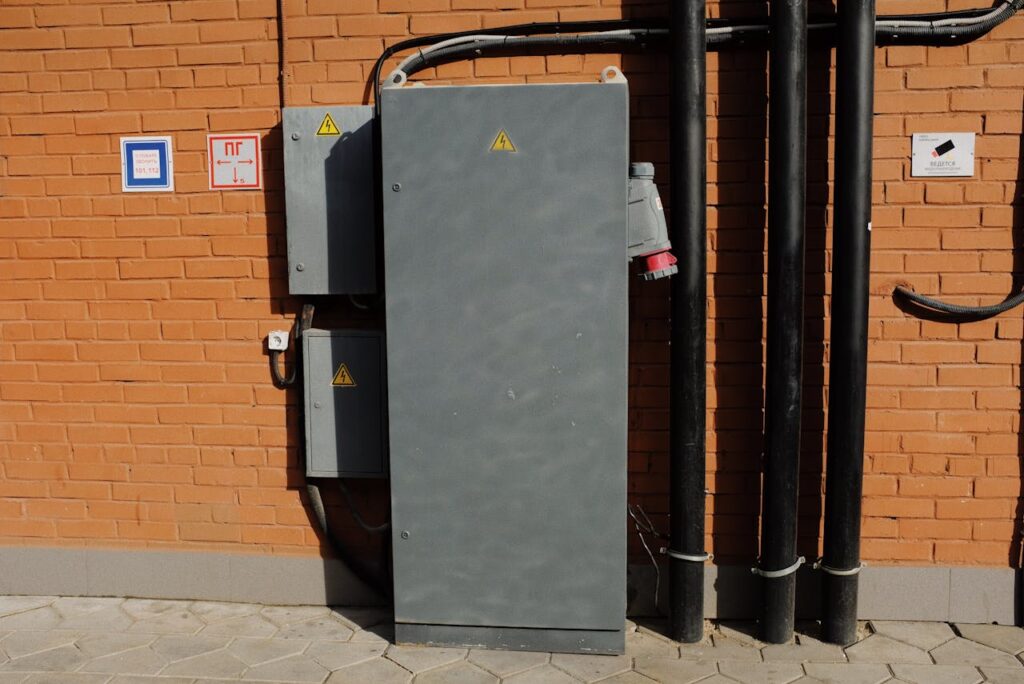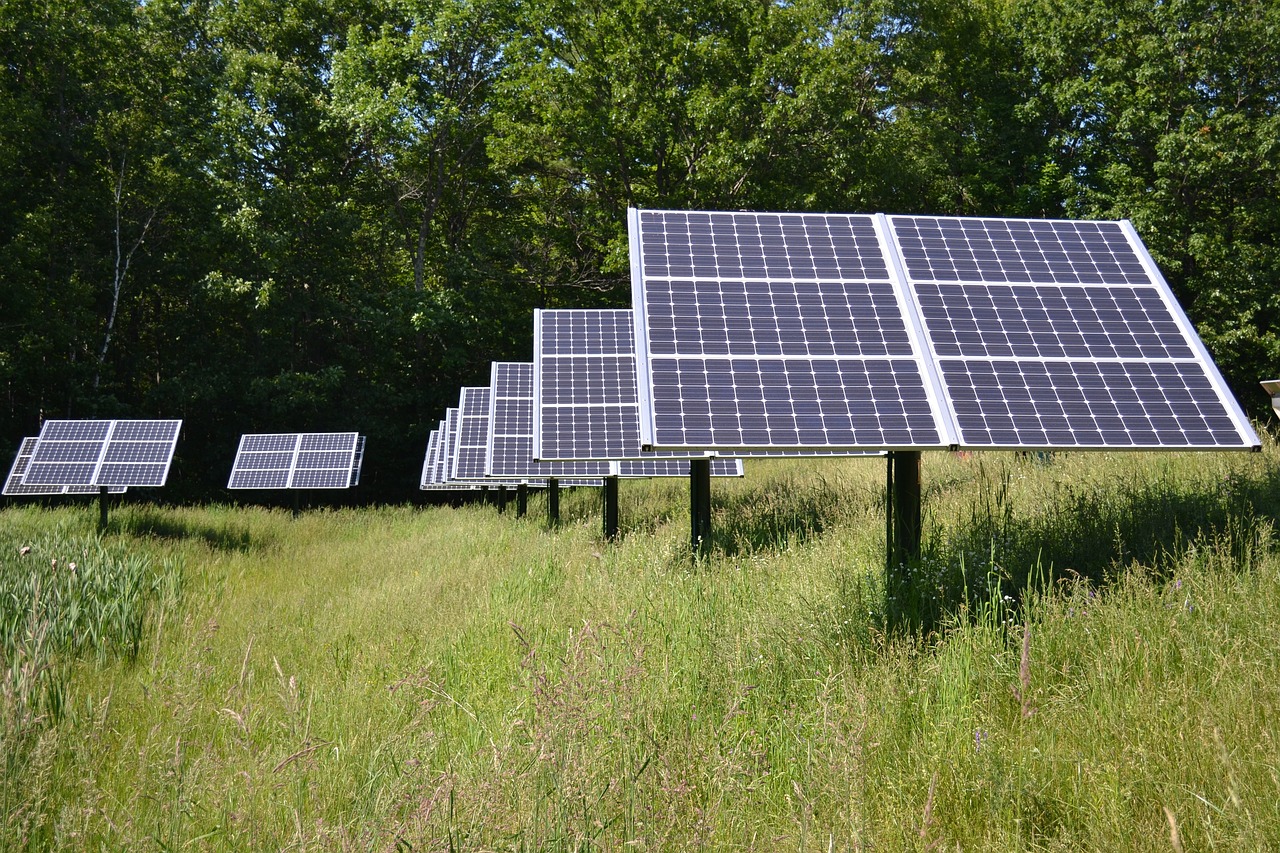As small businesses increasingly adopt renewable energy sources, the need for effective energy storage solutions has become more critical. Energy storage systems, particularly battery storage, offer numerous benefits that can help businesses manage energy more efficiently, reduce costs, and enhance sustainability. This blog explores different energy storage options, the benefits of these systems, and how they can transform energy management for small businesses.
Understanding Energy Storage Solutions
Energy storage solutions allow businesses to store excess energy generated from renewable sources, such as solar panels or wind turbines, for use when production is low or demand is high. The primary types of energy storage solutions include:
1. Battery Storage Systems
- Functionality: Batteries store electrical energy generated during peak production times and release it when needed. They are available in various chemistries, including lithium-ion, lead-acid, and flow batteries.
- Applications: Suitable for businesses of all sizes, battery storage can be used for backup power, peak shaving, load shifting, and grid stabilization.
2. Thermal Storage
- Functionality: Thermal storage systems store energy in the form of heat or cold, which can be used for heating or cooling purposes later. Common methods include molten salt storage, ice storage, and phase change materials.
- Applications: Ideal for businesses with high heating and cooling demands, such as manufacturing facilities, hotels, and hospitals.
3. Mechanical Storage
- Functionality: Mechanical storage methods, such as pumped hydro storage and flywheels, store energy by converting it into potential or kinetic energy and converting it back to electrical energy when needed.
- Applications: More suitable for large-scale energy storage but can be adapted for specific small business needs, particularly in industrial applications.
Benefits of Energy Storage Solutions
1. Cost Savings
- Reduced Energy Bills: By storing energy during off-peak hours when it is cheaper and using it during peak hours, businesses can significantly reduce their energy costs.
- Demand Charge Reduction: Energy storage helps reduce demand charges, which are fees based on the highest amount of power used during a billing period. This is particularly beneficial for businesses with high energy demands.
2. Energy Independence
- Reliability: Energy storage provides a reliable power supply, reducing dependence on the grid and protecting against power outages.
- Renewable Integration: Storing excess renewable energy enhances the use of renewable sources, ensuring a continuous power supply even when generation is low.
3. Enhanced Sustainability
- Reduced Carbon Footprint: By maximizing the use of renewable energy and minimizing reliance on fossil fuels, businesses can significantly reduce their carbon footprint.
- Compliance and Incentives: Energy storage systems help businesses comply with environmental regulations and qualify for various government incentives and rebates.
4. Improved Energy Management
- Load Shifting: Businesses can use stored energy to shift loads and balance demand, optimizing energy usage and improving efficiency.
- Grid Services: Energy storage can provide ancillary services to the grid, such as frequency regulation and voltage support, which can generate additional revenue streams.
How Energy Storage Can Transform Small Business Energy Management
1. Backup Power
- Ensures business continuity during power outages by providing an uninterrupted power supply, which is crucial for operations that cannot afford downtime.
2. Peak Shaving
- Reduces peak demand by discharging stored energy during high-demand periods, lowering demand charges and overall energy costs.
3. Renewable Energy Optimization
- Enhances the utilization of on-site renewable energy systems by storing excess energy and using it when production is low or demand is high.
4. Energy Cost Management
- Allows businesses to take advantage of time-of-use pricing by storing energy when prices are low and using it when prices are high, resulting in significant cost savings.
Conclusion
Energy storage solutions are a game-changer for small businesses looking to enhance their energy management, reduce costs, and improve sustainability. By understanding the different types of energy storage systems and their benefits, businesses can make informed decisions that align with their energy needs and operational goals. Whether it’s through battery storage, thermal storage, or mechanical storage, integrating energy storage solutions can provide small businesses with the reliability, efficiency, and cost savings they need to thrive in today’s competitive market.
For more detailed insights and expert advice on energy storage solutions for your business, please contact us or visit our website.


